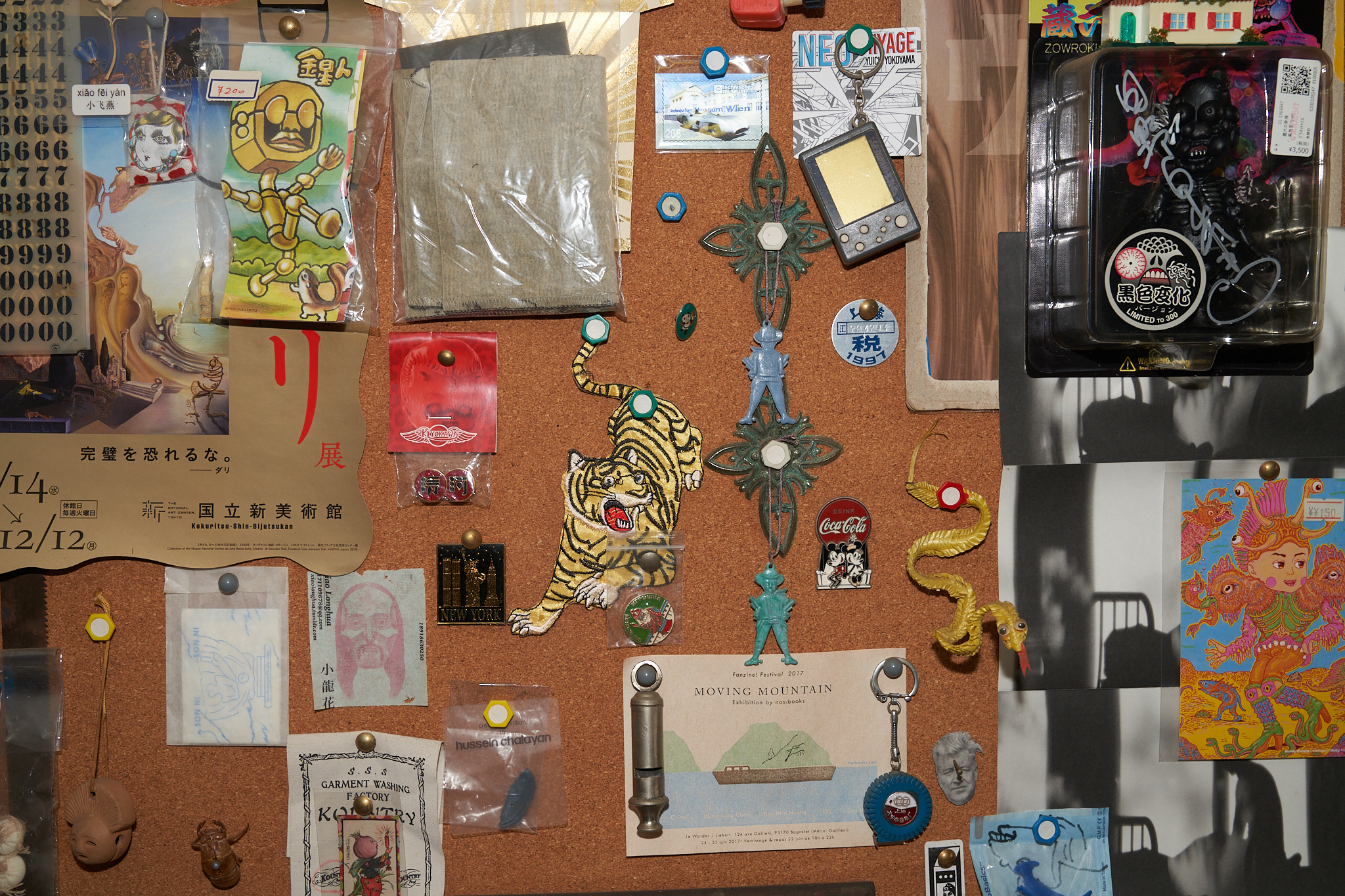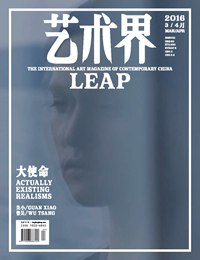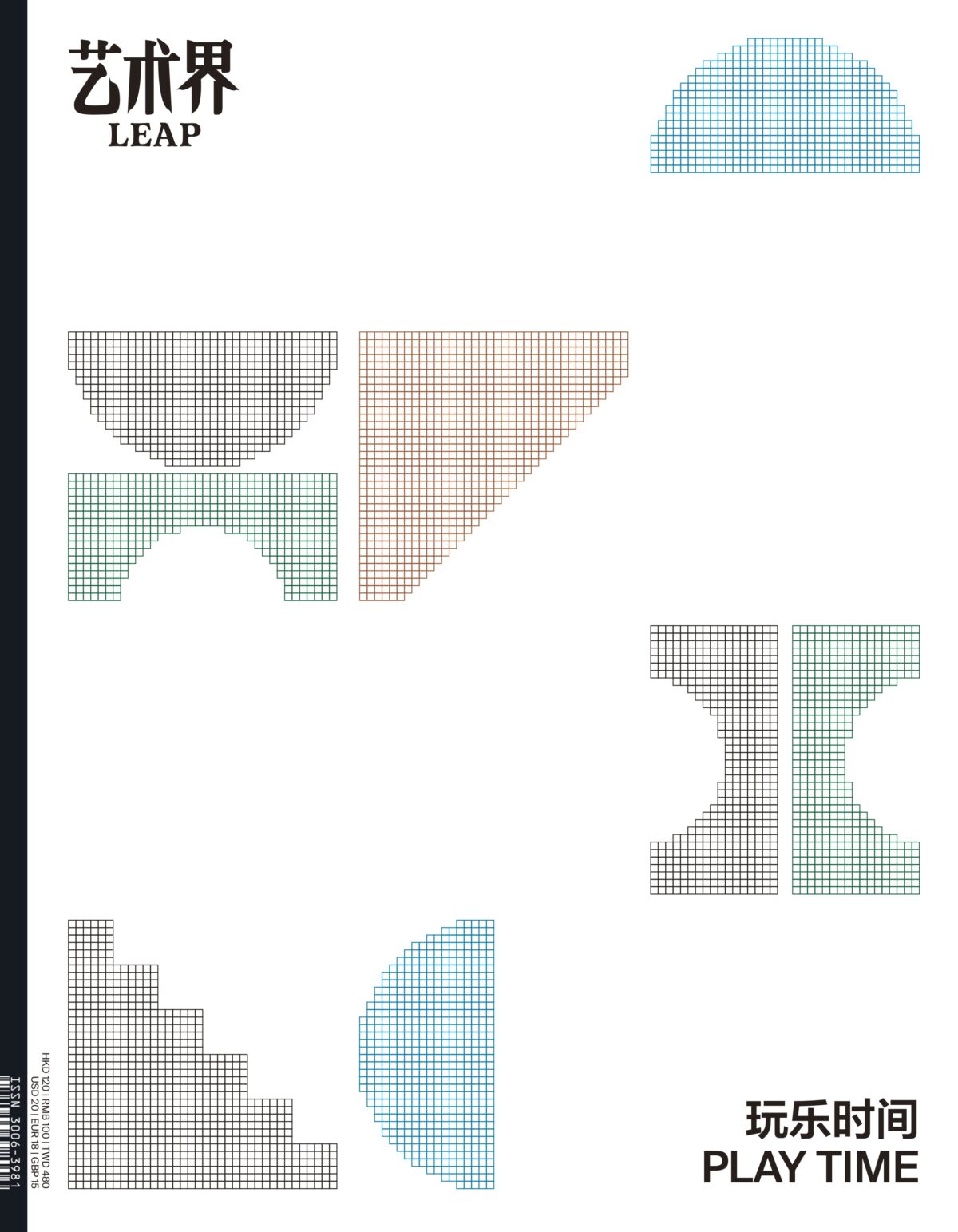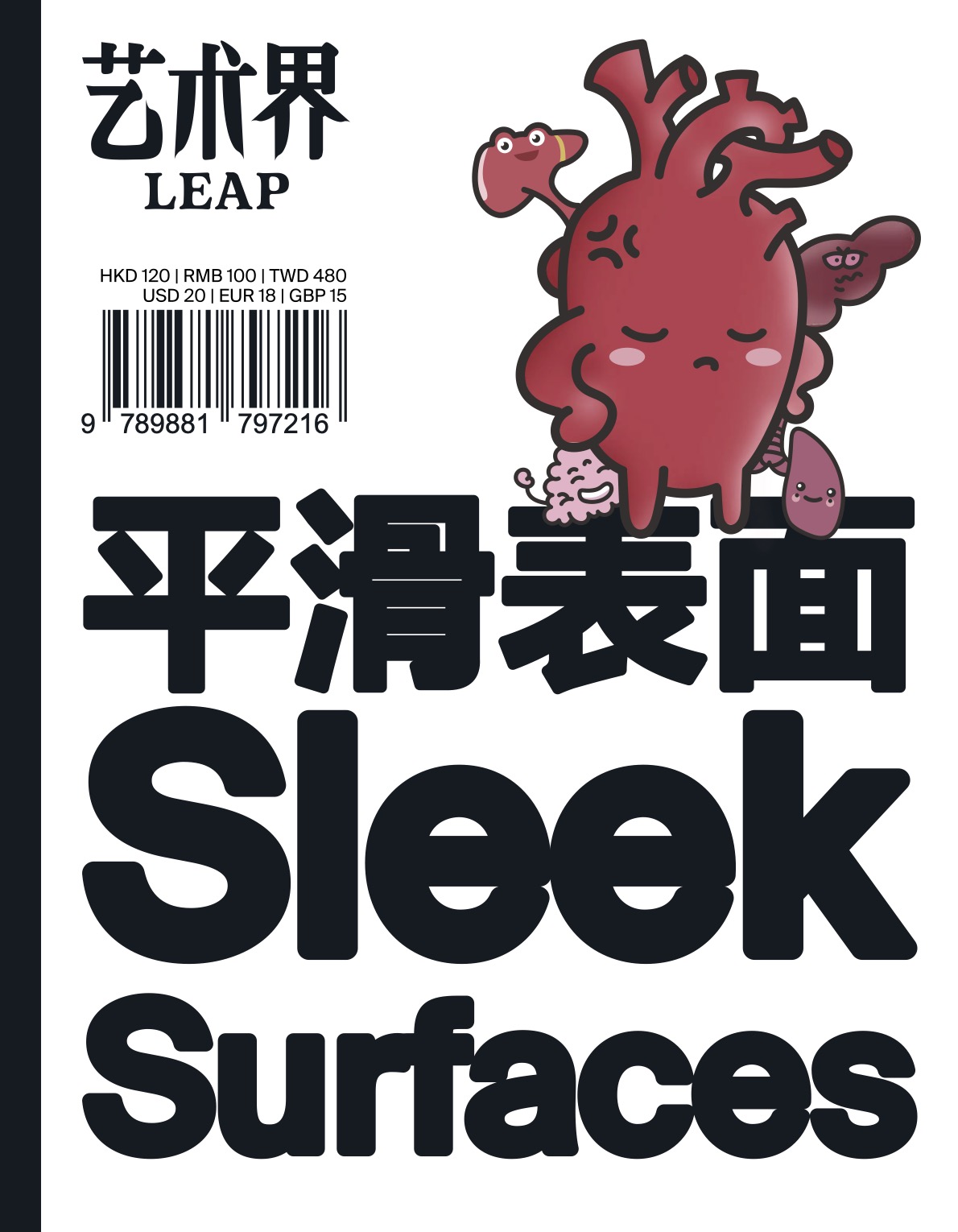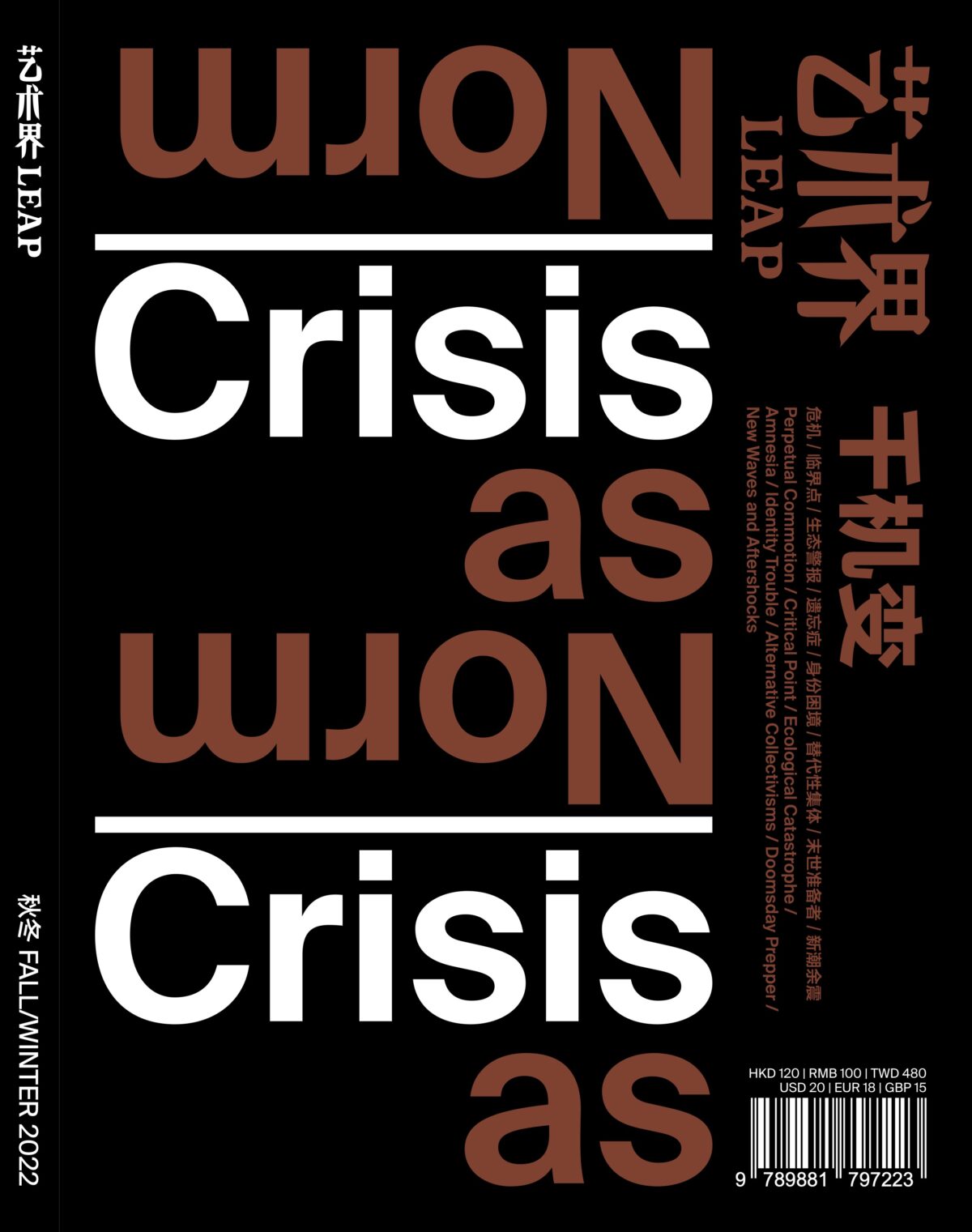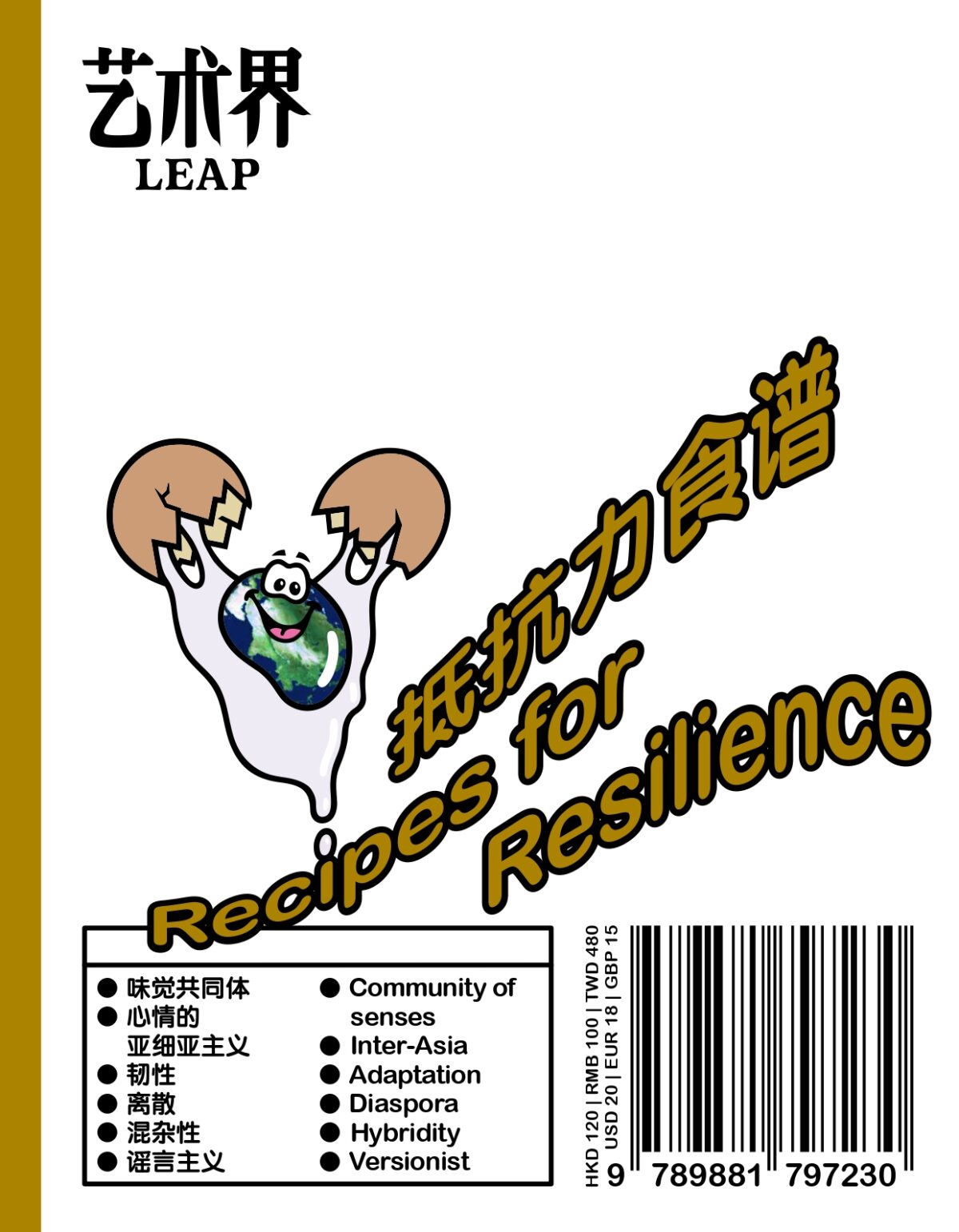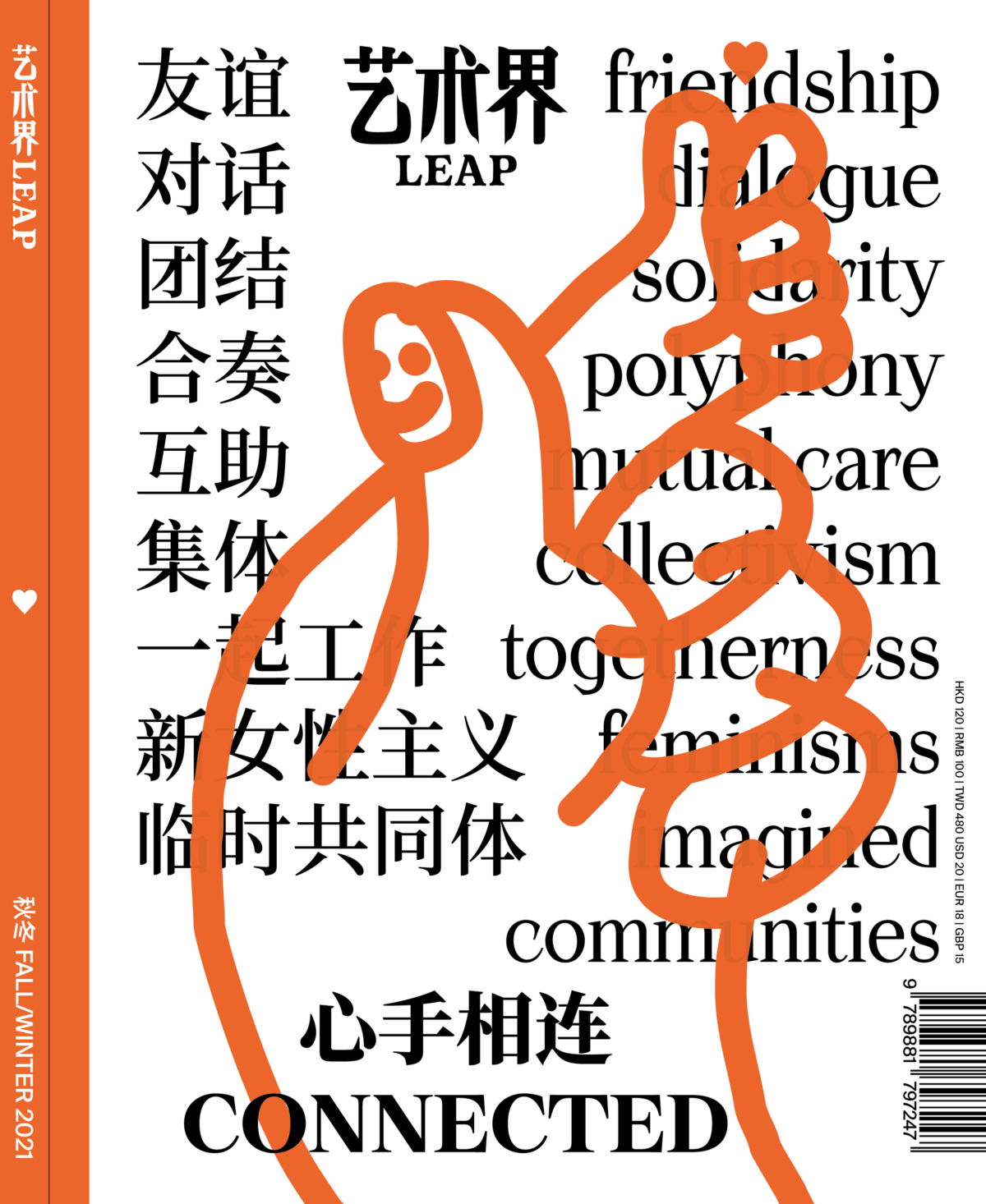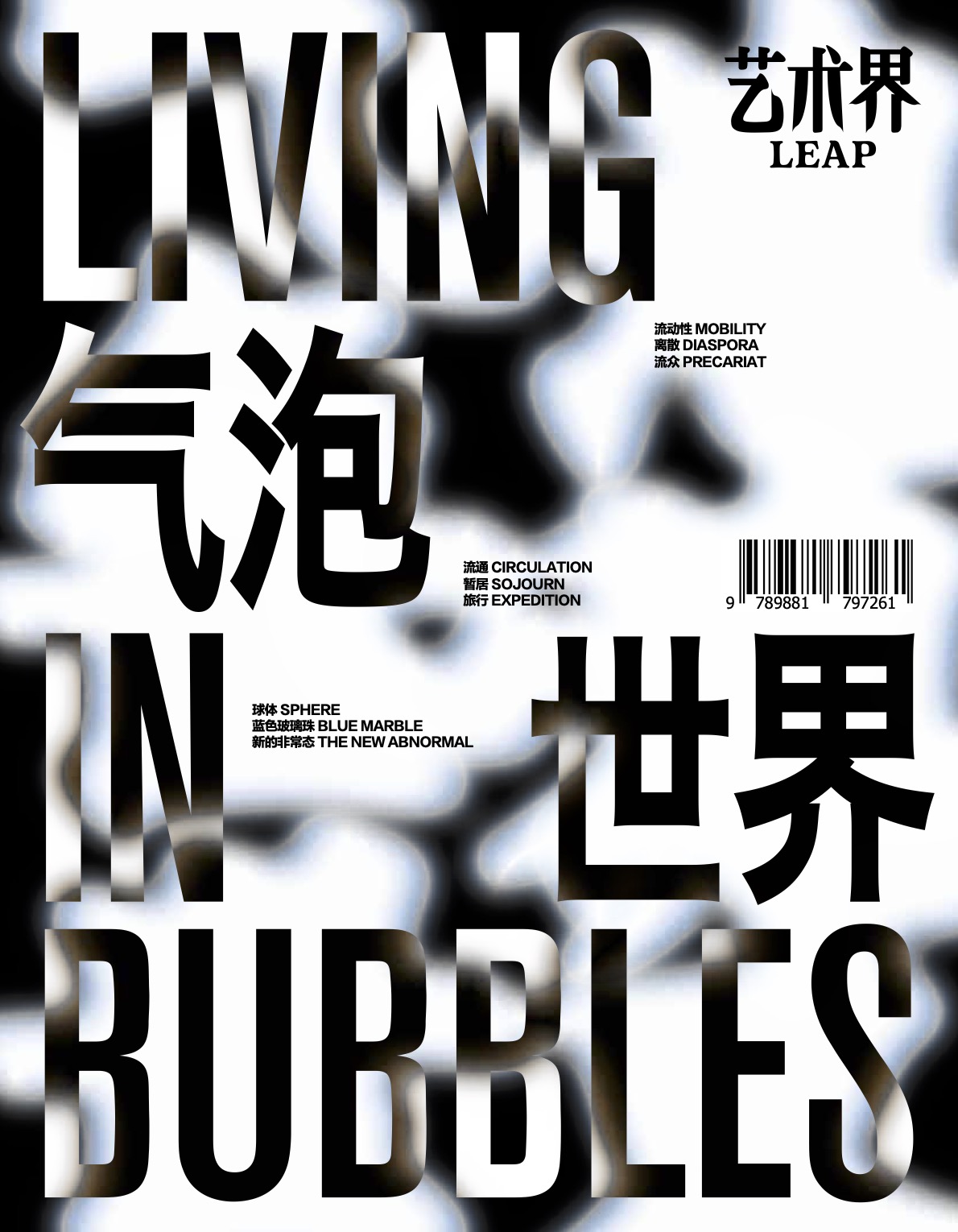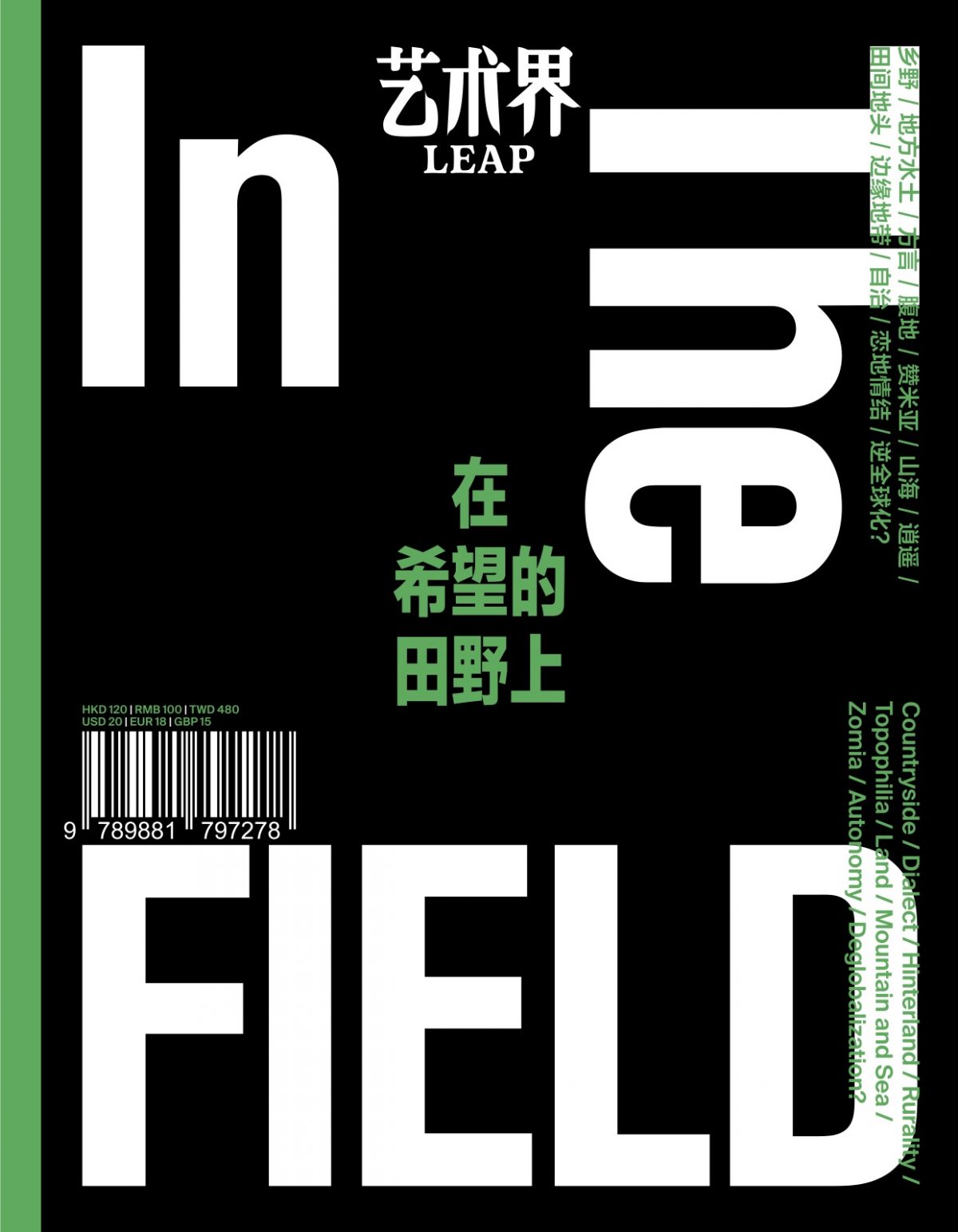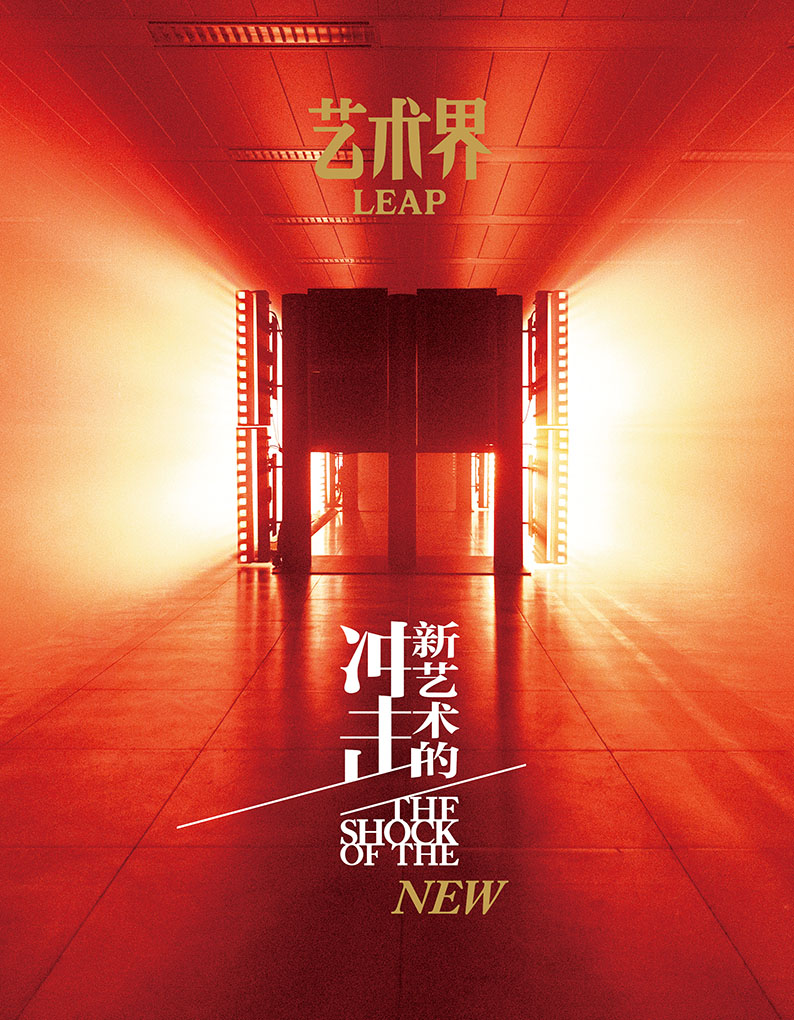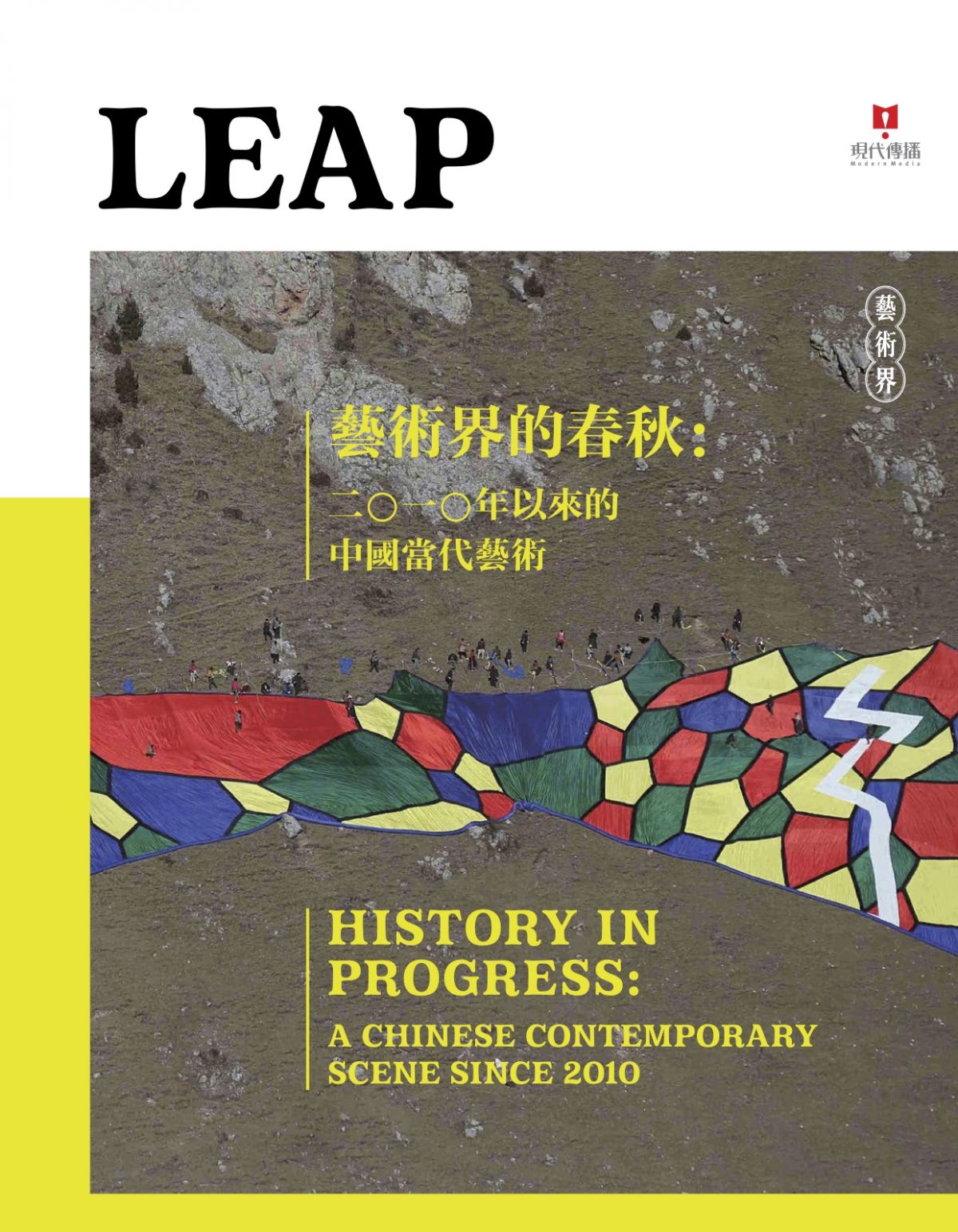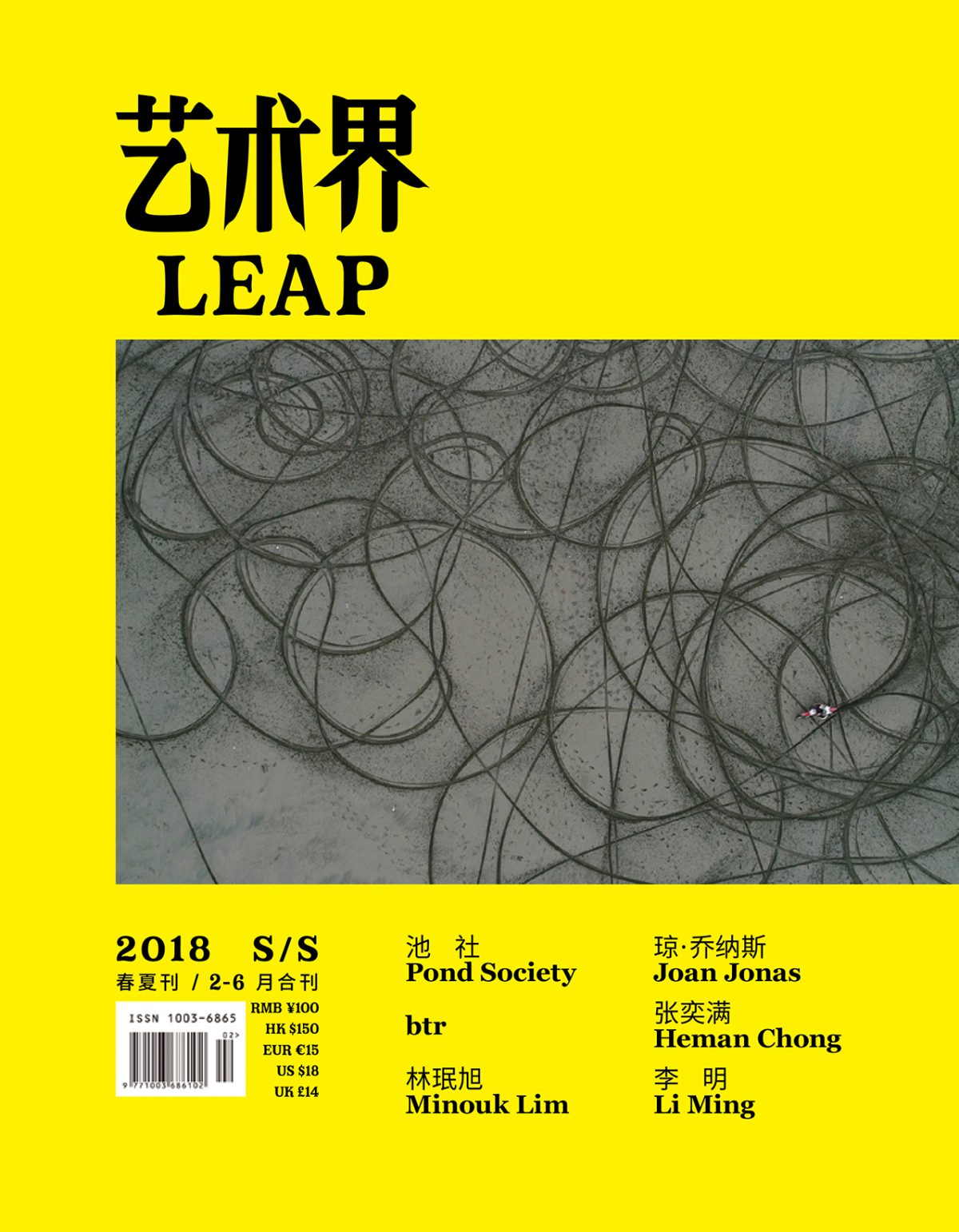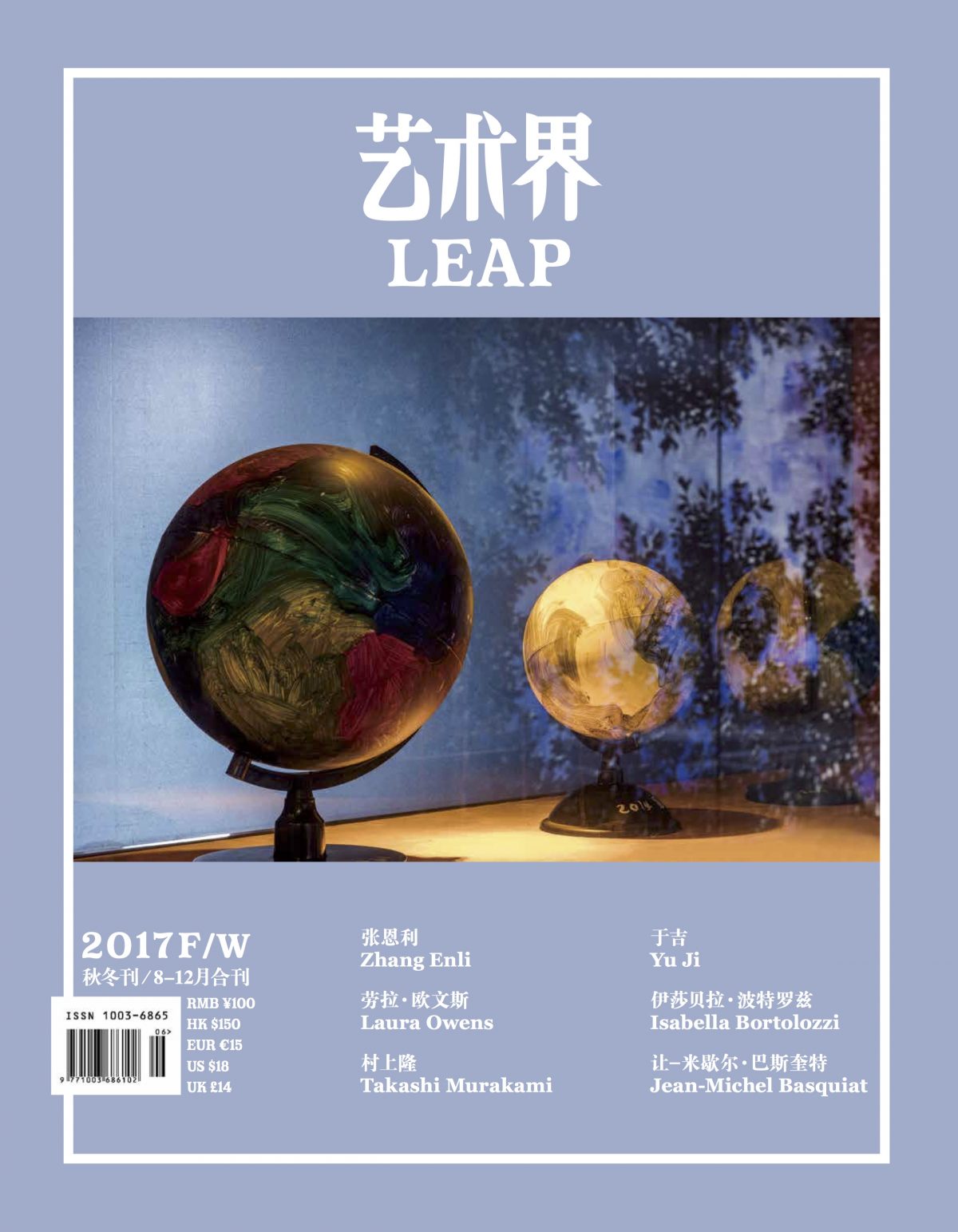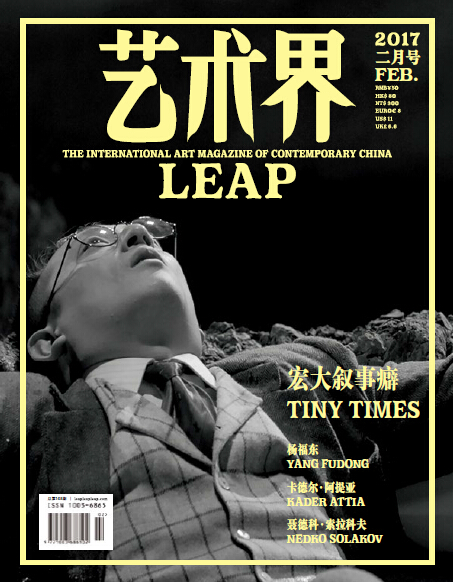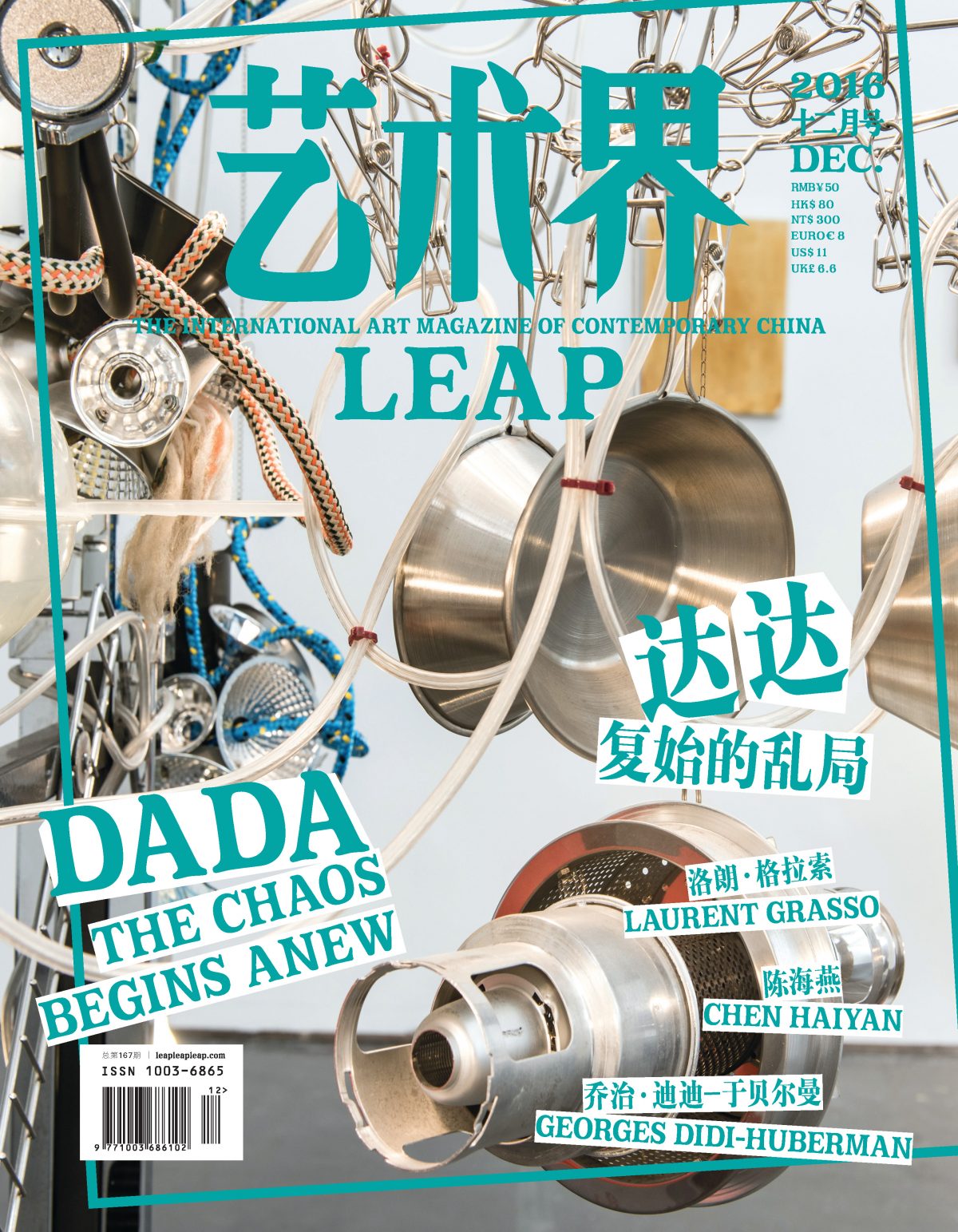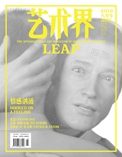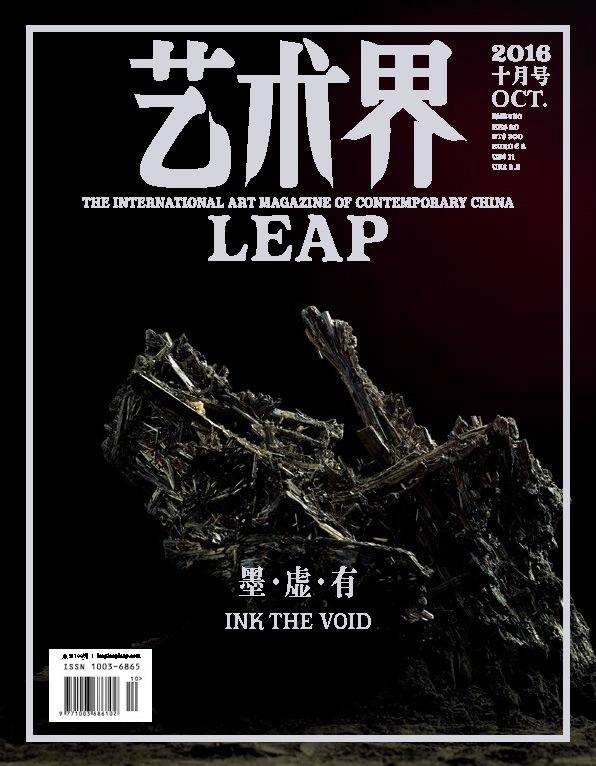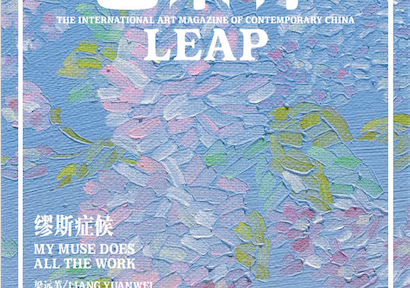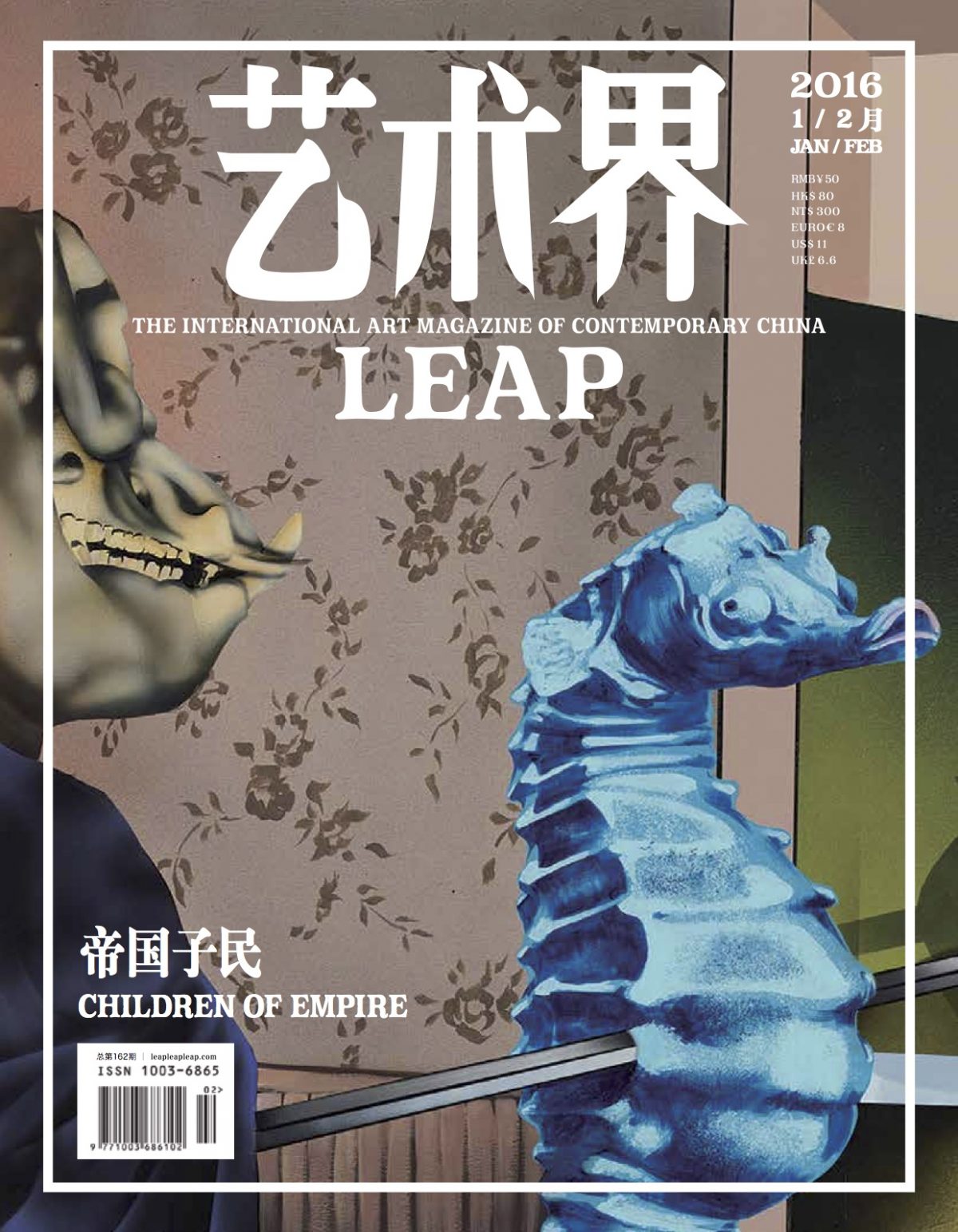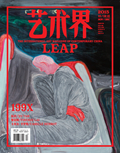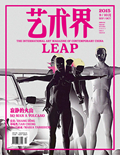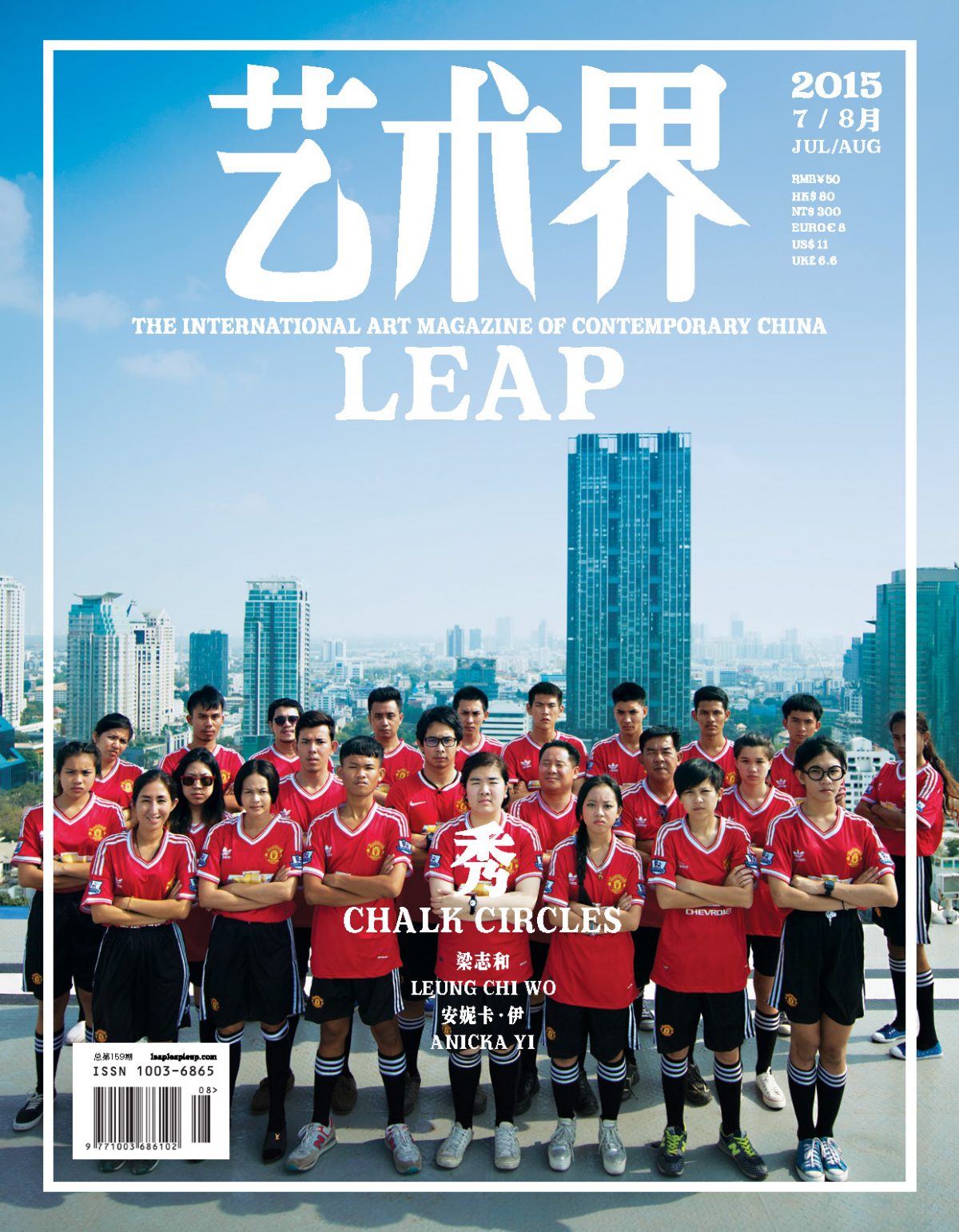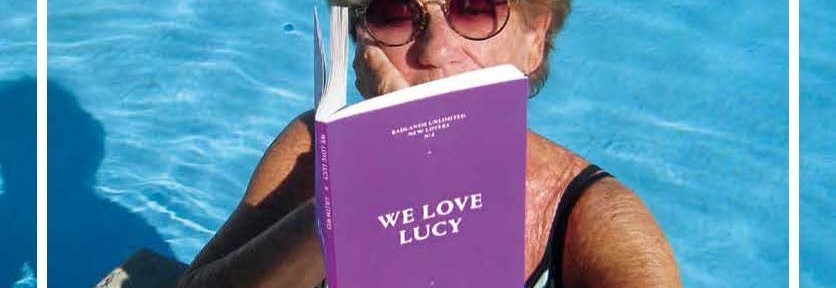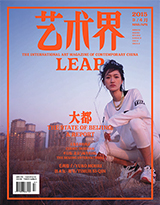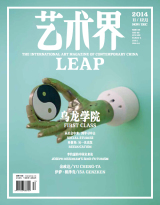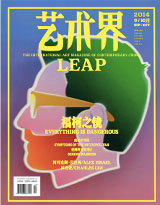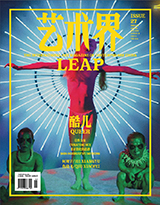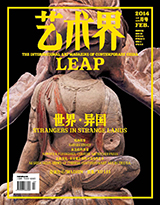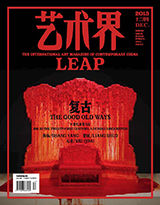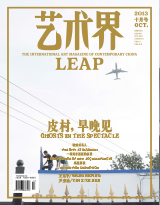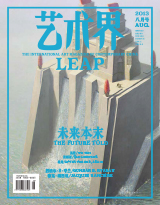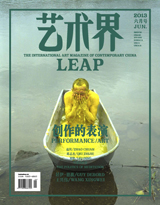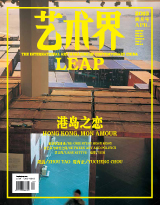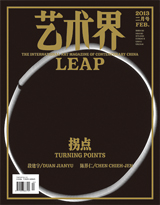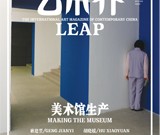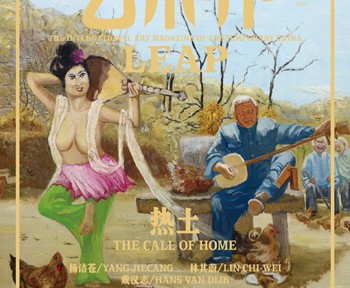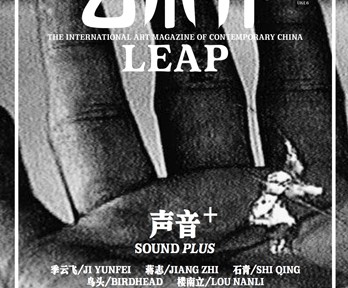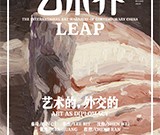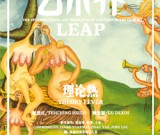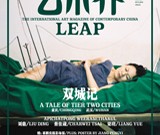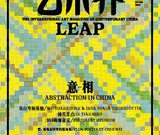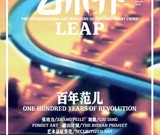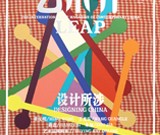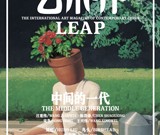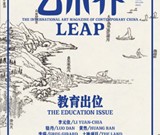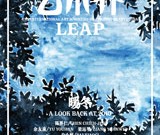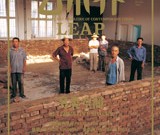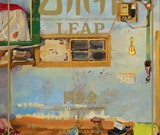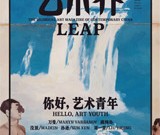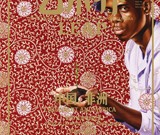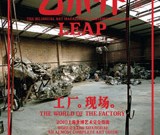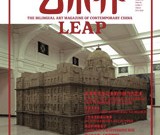Following our last issue’s proposition for a post-socialist, postcolonial cultural space across the Eu-rasian landmass where we all thrive as children of empire, we examine post-socialist-realisms (or post-socialist realisms) in our latest April issue to discover what this antiquated yet still vivid visual tradition can contribute to an international art world that has recently turned from abstract painting to a diverse range of approaches to figuration. We look here first to the obvious: individual cases of contemporary painting in which socialist realism remains an important language, and more concep-tual projects that draw on the legacies of the collectivist culture that allowed the genre to thrive. Then we think through what might be pressing about figurative painting today in general. Portrai-ture seems to have emerged as a fascinating measure of nostalgia; we are somehow on the outside, beyond ourselves, looking back on our now-alien, then-human selves as bounded subjects. What did it mean to be human today? How might we tie our current selves to a longer visual tradition?
Our top section features the recent practice of eleven artists around the globe, with a special com-mission by the group Slavs and Tatars. Chinese-Canadian artist Ken Lum’s work investigates the aesthetic politics of immigration, class, and race that make up the social history of Vancouver. Gol-din+Senneby’s multimedia, long-term, and collaborative project Headless explores how jurisdiction constructs space using strategies of invisibility analogous to those exercised within offshore finan-cial centers. Also profiled are Sascha Braunig, a young painter known to be “an inspired reanimator of Surrealism,” Qiu Jiongjiong, whose formal experimentation with portraiture has driven his body of work as a painter and filmmaker, Bandung-based art collective Tromarama, the versatile author and translator Ken Liu, and director Wang Bing, among others.
This issue’s upper middle section profiles two young artists active on a global scene—Guan Xiao and Wu Tsang. Guan Xiao works mainly in sculpture and video. While the artist often pulls content and motifs from the internet, her work is by no means a commentary on technology or the medium itself. Her focus is rather on the universal process of human cognition in the context of information implosion. In her recent work, Guan experiments with a fluid awareness of identity, thus offers a possibility of individual emancipation from the normative constraints of identity politics and geopo-litics. Filmmaker, artist, activist and organizer Wu Tsang deploys a similar approach to identity and describes herself as “multi-multi.” This self-position predicated on hybridity and contradiction, and the refusal to be categorized in normative terms, has been somewhat of a constant in Tsang’s life. Her recent film Duilian explores the relationship between nineteenth-century revolutionary poet Qiu Jin (1875–1907) and her “calligrapher friend” and lover, Madame Wu.
In this issue’s bottom section, we first review Wang Hui’s latest “The Short Twentieth Century: The Logic of Revolution and Politics in China”, an anthology of 11 essays reflecting on the revolu-tionary and political histories of twentieth-century China, and then tap into the philosophy of Dalian Wanda, China’s biggest private property developer whose ongoing expansion touches basically every aspect of Chinese society today. Readers will also find 24 reviews on exhibitions around the world, including “Liang Shuo: Temple of Candour” at Beijing Commune, “Heman Chong: Ifs, Ands, and Buts” at Rockbound Art Museum, “Electronic Superhighway (2016 – 1966)” at White-chapel Gallery, London, “Globale: New Sensorium” at ZKM, Karlsruhe, and many more.
TOP
022 Who is Speaking? Who Is Listening?Ken Lum’s Politics of Aesthetics
Text: Leo Li Chen
026 Goldin + Senneby: Headless
Text: Lucy Chinen
030 Sascha Braunig: The Hollow Body
Text: Clare Tyrrell-Morin
034 Tromarama:I Don’t Know What I’m Doingand Why I Keep Doing It
Text: Riksa Afiaty
038 Ken Liu:Artifacts, Expressions,and Languages
Text: Einar Engström
044 Transvestite Transliteration: The Case of Uyghur versus Atatürk
Text: Slavs and Tatars
054 Chen Wenbo:Keywords for Painting
Text: Robin Peckham
058 Recasting the Past: The Documentary Portraiture of Qiu Jiongjiong
Text: Benny Shaffer
062 Amy Yao: Bay of Smokes
Text: Danielle Shang
066 Tobias Madison: One Bite of Pear
072 Time as Provocation: on “Wang Bing: Three Portraits”
Text: Jo-ey Tang
076 In Your Presence, We Dissolve Together: Melike Kara
Text: Ida Yang
080 Saskia noor Van Imhoff: A mold is a mold is not a mold
Text: Sara Giannini
084 跃界 CROSSOVER
MIDDLE
092 Guan Xiao: Rhythm of Singularity
Text: Lai Fei
102 Wu Tsang: A Life in Process
Text: Stephanie Bailey
COVER FEATURE
112 FROM AFTER SOCIALIST REALISM TO BEFORE
Text:Song Yi
116 SOCIALIST REALISM AND ITS INCARNATIONS
Text: Vladimir Paperny
126 THE MAN WITH THE STRAW HAT AND THE ROBUST WOMAN
Text: Zeng Hong
134 INTERNATIONAL LIVING GUIDE 2016
Text: Yang Yuanyuan
144 SOCIALIST REALISM AS AN ICONOGRAPHIC GENE
Text: He Jing
152 THE WORKER’S EXPERIENCE
Text: Mia Yu
164 A SURVEY OF CAPITALIST REALISM
Text: David Xu Borgonjon
168 PAINTING AFTER REFLECTION THEORY
Text: Pan He
BOTTOM
178 THE SHORT TWENTIETH CENTURY
Text:Lu Mingjun
182 DIZZY WITH SUCCESS: DALIAN WANDA AND THE INVENTION OF A CLICHÉ
Text:Jacob Dreyer
190 HANGINGS
